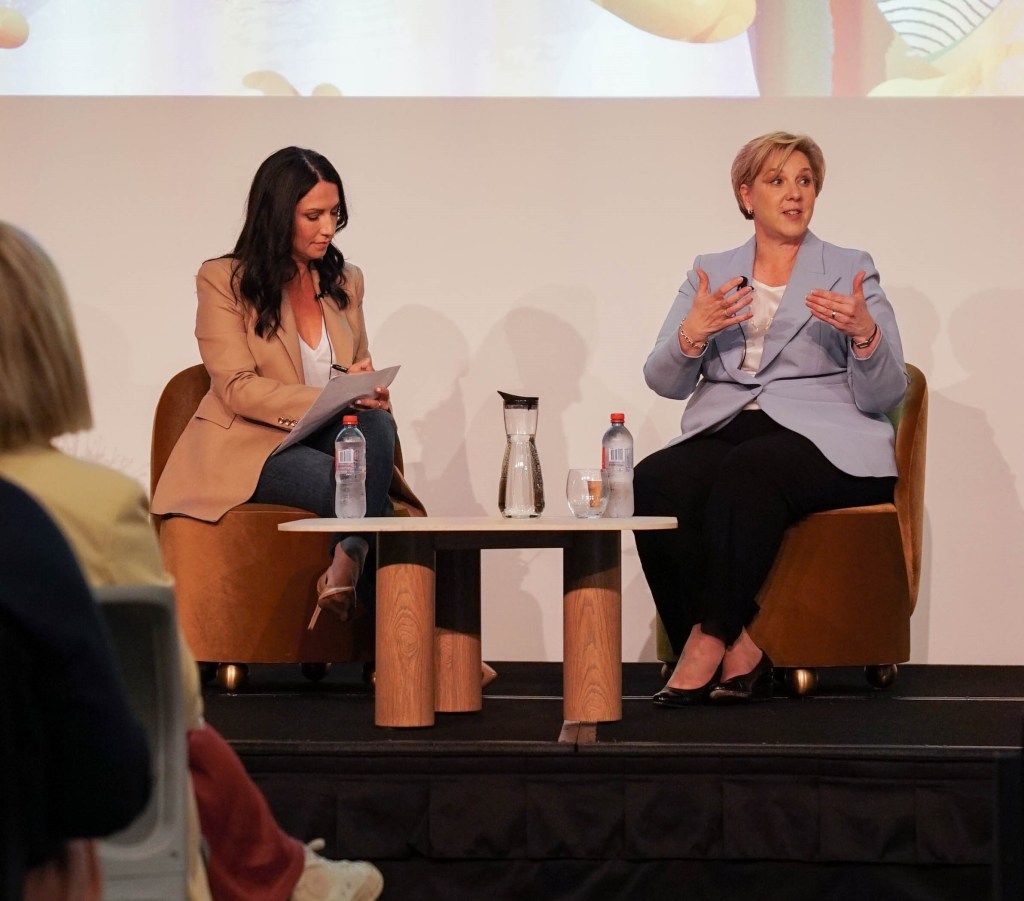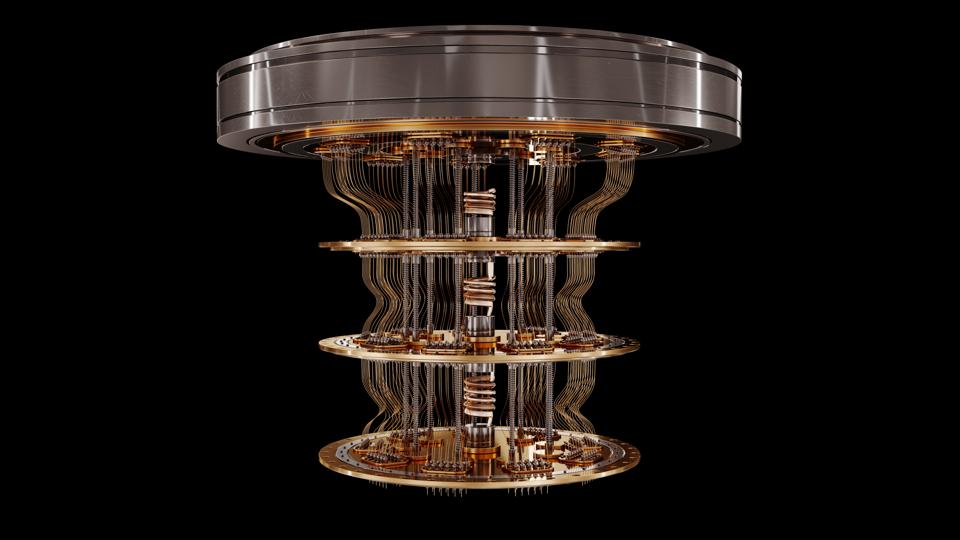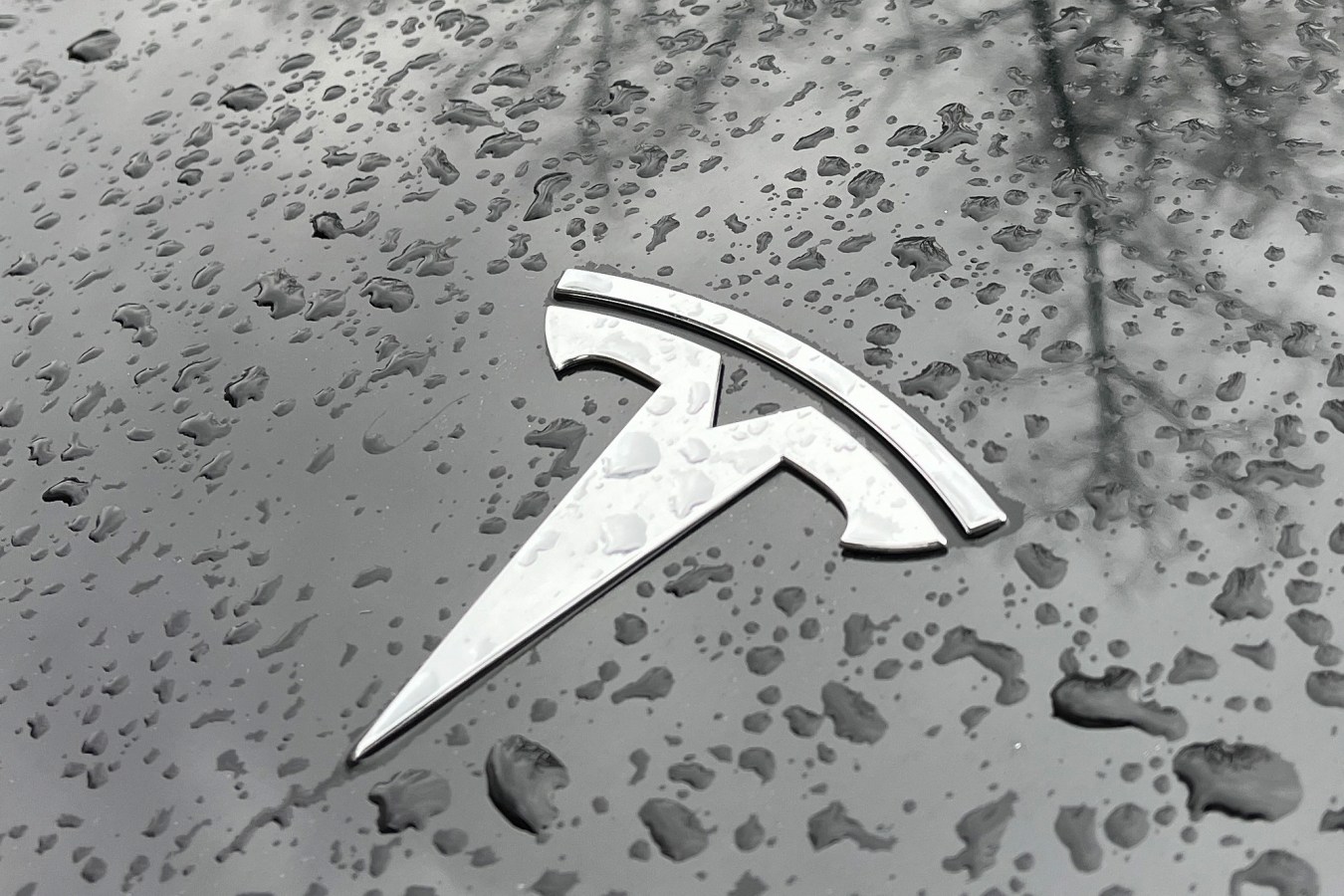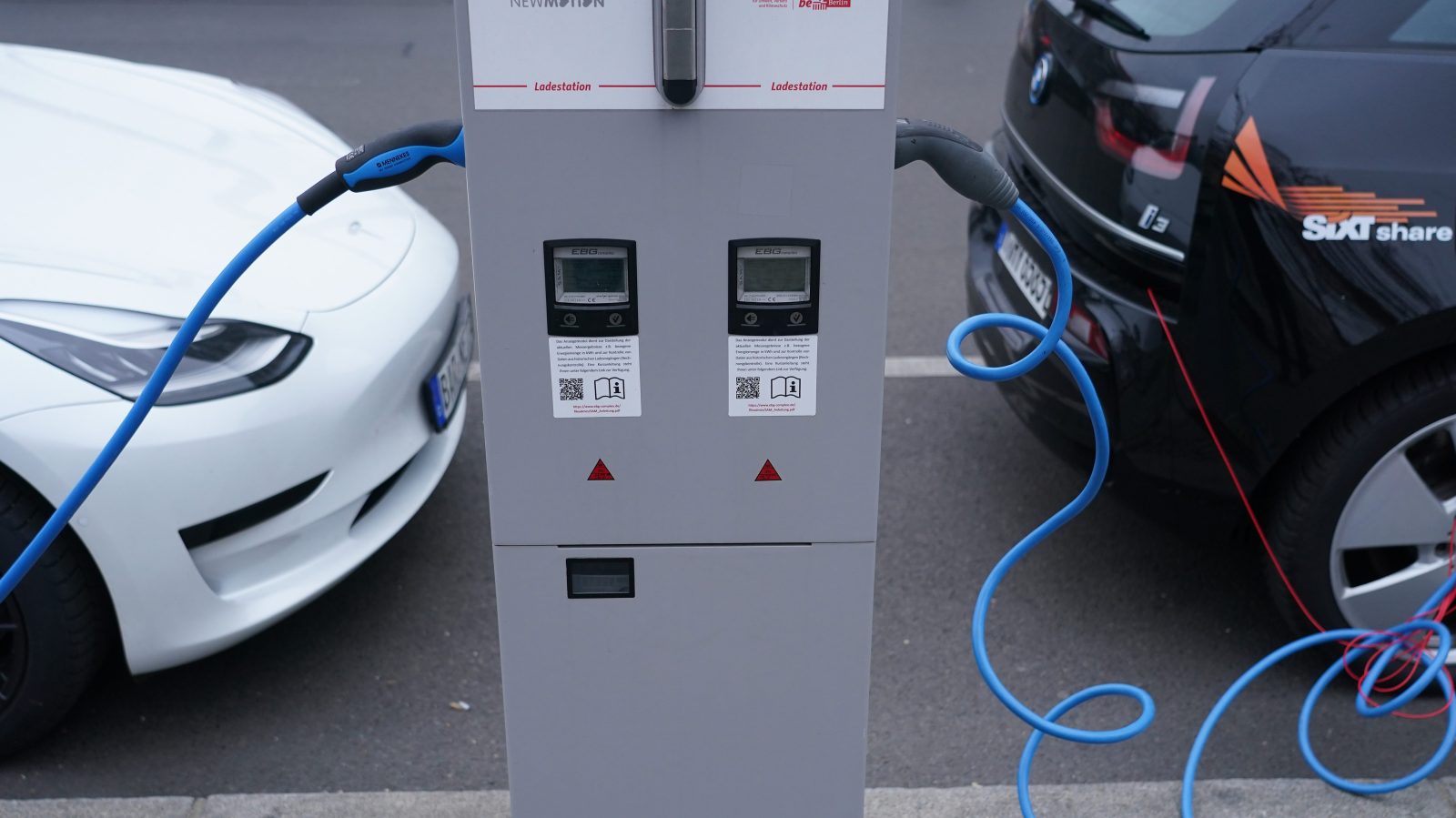Australia’s preeminent tech executive sat down with Forbes Australia on the first day of SXSW Sydney, and didn’t hold back on the nation’s opportunity to lead in key sectors globally. Robyn Denholm is the Chair of the Tesla Motors board as well as the Australian Tech Council, and a partner in Australia’s leading VC firm Blackbird Ventures.

“I think we’ve got a very good shot at being the country that actually cracks that first,” Robyn Denholm tells Forbes Editor in Chief Sarah O’Carroll and a packed house in Sydney’s International Convention Center. Denholm is talking about quantum computing, and her passion for the tech sector is palpable.
“We’ve got more quantum companies that are getting more of a proportion of the global share of VC funding than any other country,” says Denholm. “It really started with the university sector and the research sector. We are doing really, really well in that space and that’s been a magnet for talent globally.”
Denholm likens the scale of the quantum computing opportunity to that of artificial intelligence.
“It’s a horizontal technology,” says Denholm. “It’s a technology that can be applied to many different problems.”
Not only does she see Australia as a powerhouse in the development of quantum computers, Denholm also says Australia packs a punch when talking about leading the transition to renewables.
“The energy transition globally is Australia’s to lose, and I’ll let that sink in for a minute,” says Denholm. “We have the opportunity of putting the transition front and center in Australia being a microcosm for what the rest of the world is doing. We have all the ingredients in Australia to actually enable the energy transition to happen. And what do I mean by that? I’ll start with minerals. You can’t make things without minerals. So if you look at the minerals that go into batteries, we have them all. We have the lithium, we have the copper, we have a bit of cobalt, we have all of the casings which are aluminum. We’ve got big-bulk site deposits, we have amazing iron ore deposits in Australia. We have all the ingredients. And making batteries is not a labor arbitrage thing because it’s an automated process.”
Denholm would like to see the Australian economy seize the opportunity that is at its feet. Specifically, she is looking at lithium, of which Australia is the world’s largest producer. Known as ‘white gold,’ it is a key component of Tesla’s batteries — not just those in its vehicles, but also the batteries that power homes.
“The lithium that goes into batteries is about 7% of the total cost of batteries,” says Denholm.
“And if we just refined the lithium, that’s another 9%. So, we would more than double the opportunity that Australia has. If we then got into the next level, it adds another 25%. There are things that we can easily do if we put our minds to it. To me, the country is no different to a company. If you set the vision, and you actually have people understand what you’re trying to do, capital will flow into the sector.”
She points to the Hornsdale Power Reserve battery project as proof of concept of Australia leading in renewables.
“We’ve proved [to the world] that you can move to renewable energy right here in South Australia,” says Denholm. “Following that, other countries have done the same sorts of things. So, to me, I’m hugely bullish on it, but again, it’s not going to wait for us to get our act together. We have to get moving on it pretty quickly. And I think that alone could fuel the next 30 years of growth for Australia.”
To execute on the immense opportunities to transform key sectors, Denholm says we need to cultivate the growth and upskilling of our people.
“I think it’s around talent,” says Denholm. “They are leaning into that at both the federal and state level. It’s about having the right programs in place. It’s having the right immigration settings in place because to me, there are plenty of places that are around the world that are also going after the technology windfall, or whatever you want to call it. And so just making sure that we have the best place on the planet to start a business, to grow a business, and to actually have the right talent settings.”
Look back on the week that was with hand-picked articles from Australia and around the world. Sign up to the Forbes Australia newsletter here or become a member here.


